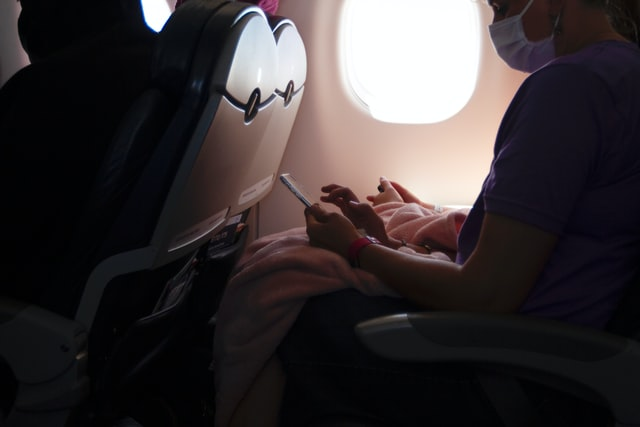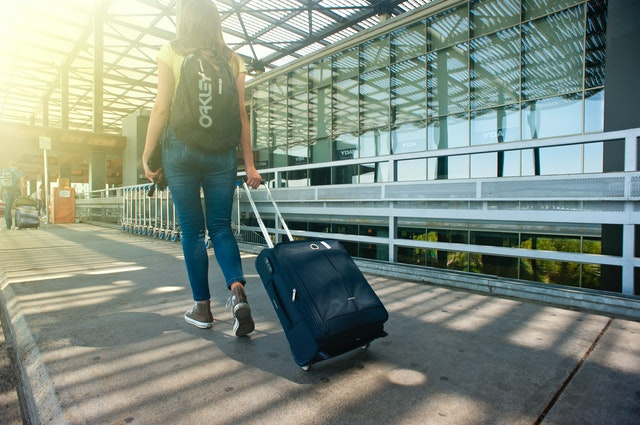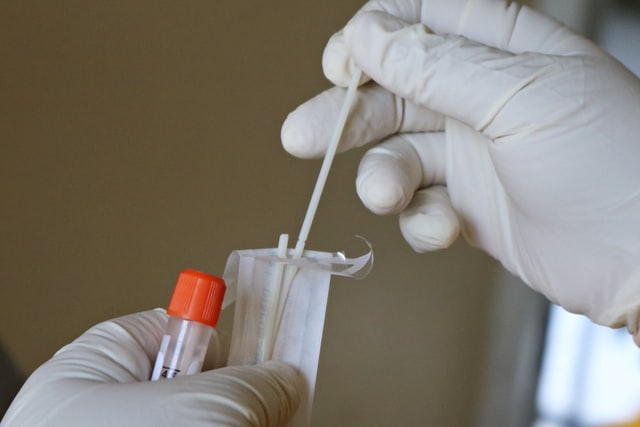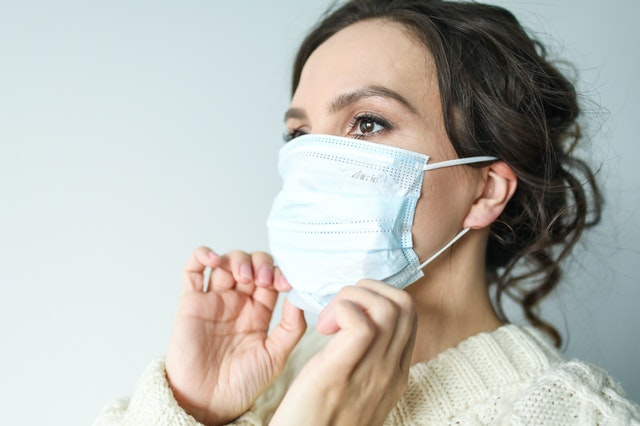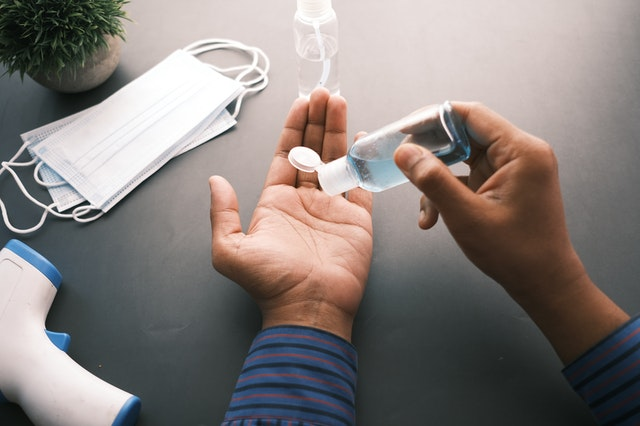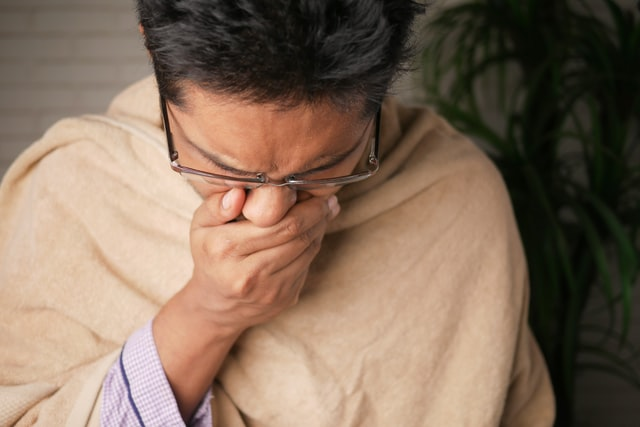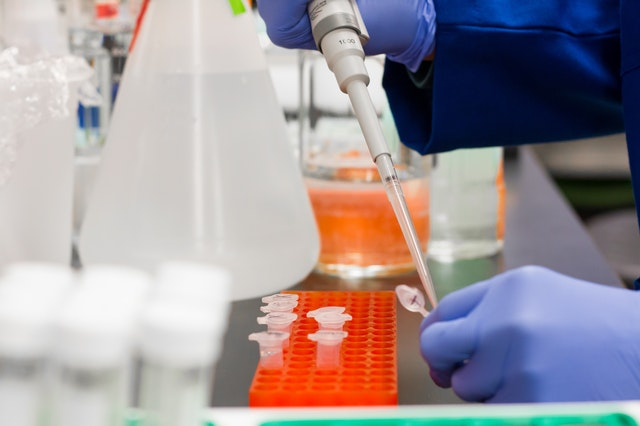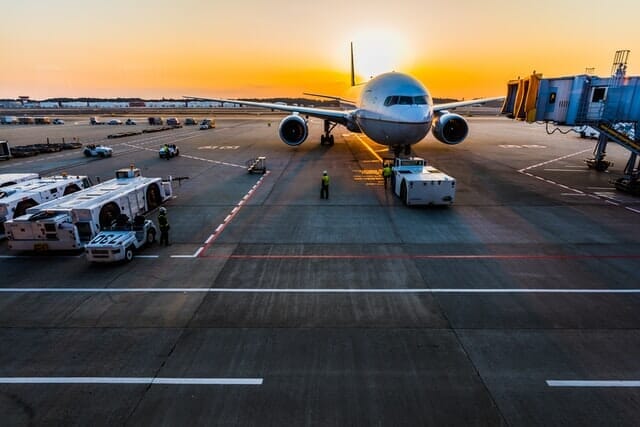
Is Covid Test Mandatory at Delhi Airport for Domestic Flights
Time to read 4 min
Time to read 4 min
With Delhi airport being a central hub for several direct and connecting domestic flights, it is important to know the rules regarding testing, vaccination, and symptoms. If you are flying to Delhi and you want to know how to prepare yourself then you should follow all guidelines mentioned for passengers.
Many travellers may be asking is COVID test mandatory at Delhi airport for domestic flights? If you are fully vaccinated and can submit the report of your vaccination status at the airport, then you do not need to be tested. These rules can change over time, and further RT PCR test may be asked for passengers arriving.
While guidelines for international passengers arriving at Delhi airport and domestic passengers will be different, it is important to stay updated on the latest rules. You will be allowed to go through Delhi airport only if you are asymptomatic, have been vaccinated OR can provide negative RT PCR within 72 hours, and can clear thermal screening.
As per the latest requirements for Delhi airport, you will have to comply with all guidelines according to the regulations of the governing authority. Since scanners are present across the airport, elevated temperatures can be measured instantly to detect those that are at-risk. That is why it is best to get tested if you suspect that you may be symptomatic.
You will also have to download and update the Arogya Setu app with your information. Your certification and details of your vaccine status will be mentioned as well. It is also important to continue wearing a mask and to fly only if you are asymptomatic. You have to check in through web check and comply with any scanning and screening at the airport.
All passengers who are not leaving the airport but are opting for a connecting flight and a domestic booking will have to follow special regulations. These rules will also depend on the country from which the international flight was taken as well.
Passengers will have to fill out a self declaration form on their arrival, providing all information necessary about their travel to Delhi. You will also have to submit a negative RT PCR test or a certification of complete vaccination in the portal as well. You will also have to certify that the information shared is true as of the date of sharing it.
You will have to download the Arogya Setu app and update it with your information to keep a track of all information. Web check-n will also be mandatory, and you may have to update information on the Delhi airport portal prior to arriving.
While you may be vaccinated, you should continue to follow protocols designed to minimize your risk of COVID 19.
The best way to prevent an unexpected Omicron COVID 19 infection is to stay away from crowded spaces. When travelling for an event or a function, it is best to maintain social distances as you may be meeting people from around the country.
If you are starting to experience symptoms while travelling on a connecting flight or directly, then you should get tested immediately. The best approach is to opt for a home test, and have your results emailed directly. As COVID centres may be shut on a holiday or booked out, it is smart to schedule a test earlier.
It is best to continue wearing a mask regardless of the local guidelines and rules of where you're travelling. As you may be in contact with different people during your travel itinerary, it is best to stay safe and protect your loved ones from the infection.
Washing your hands, wearing clean clothes, and showering after coming back from crowded places is important to avoid contracting the virus. You should continue following hygiene best practices, especially when travelling with older individuals that may be more susceptible to the virus.
The basic supplies that you should be carrying is your medication, sanitizers, extra masks, and antiseptic soap, to remain completely safe when travelling. You may be meeting new people, touching surfaces, and interacting with different locations during your trip. Staying protected is key, which is why carrying the right supplies is important.
Some people may have exemptions or medical restrictions that haven't allowed them to take the vaccine or the second dose. Pregnant women, those with allergies, or other medical situations may require travellers to take COVID 19 tests instead of submitting their vaccine report.
Additionally, if you are experiencing symptoms then you may be detected via thermal scanners. You should get tested from the comfort of your stay at Delhi, to be completely assured that you aren't COVID positive. The best approach is to take a COVID test if you want to be completely safe.
As symptomatic travellers are not allowed to board their flight, it is ideal to get tested a few days prior. An RT PCR test will be the best course of action when you suspect you may have been exposed to someone with COVID 19 as well.
You can get a COVID test in Delhi delivered directly to your address to check your results as you may not be allowed to travel if symptomatic. Your results can be emailed directly to you within 24-48 hours for accurate results. You can submit these test results if you are not fully vaccinated, and you can be allowed to travel through Delhi airport.
If you are partially vaccinated, then you will need a negative RT PCR test before going through Delhi airport. Additionally, if you are symptomatic or are experiencing early symptoms of COVID, then an RT PCR test is the best way ahead.
*Medical Disclaimer - The following information is for educational purposes only. No information provided on this website, including text, graphic, and images, are intended as substitutes for professional medical advice. Please consult with your doctor about specific medical advice pertaining to your condition(s)
